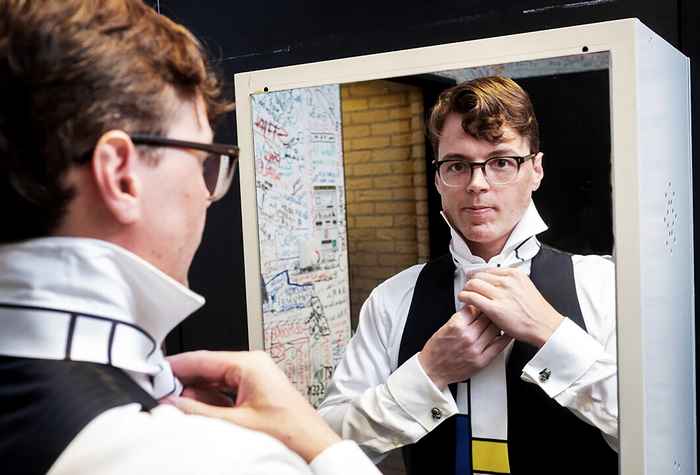Noah van Dongen (Jan 2022 - May 2022)
Postdoctoral researcher at the Theory Methods Lab, University of Amsterdam

My research
I am a philosopher of science and methodology, working on methods for theory development and explanation assessment. My current work can be divided into two parts. In one part, I develop methods for the construction of formal scientific theories in psychology and the assessment of explanations (i.e. how well scientific theories explain the phenomena that they purport to explain). In the other part, I develop guidelines for the formalisation of verbal theories by a) many teams of scientists and b) through collaboration between researchers and modellers.
I believe that science would be better off if we were to put more emphasis on explanation than prediction. Many things can be understood but not predicted (e.g. earthquakes), and many things produce predictions but no understanding and control (e.g. machine learning). In general, I enjoy figuring out how things work. I also enjoy sharing this interest and helping others to devise and assess theories and explanations. To this end, I have developed several courses on theory building at the undergraduate and graduate level.
IAS fellowship
What are probable unintended consequences of reforms to the incentive structure of science? Which theoretical and empirical tools can be used to anticipate the unintended consequences of scientific reforms?
Science is far from perfect. In recent years, a wide range of reforms have been proposed to modify the structure of science, aiming to make science more efficient and reliable. Examples include decreasing publication bias against null findings, rewarding replication research, promoting pre-registration, evaluating scientists based on “N-best” publications, and rewarding team science. Yet, science is a complex system in which the long-run consequences of changes are difficult to anticipate, and there is little research on the unintended effects of such reforms.
In collaboration with IAS fellow Leo Tiokhin, my project will investigate the probable unintended consequences of scientific reforms. We are especially interested in developing approaches to anticipate likely unintended consequences and to mitigate their detrimental effects.